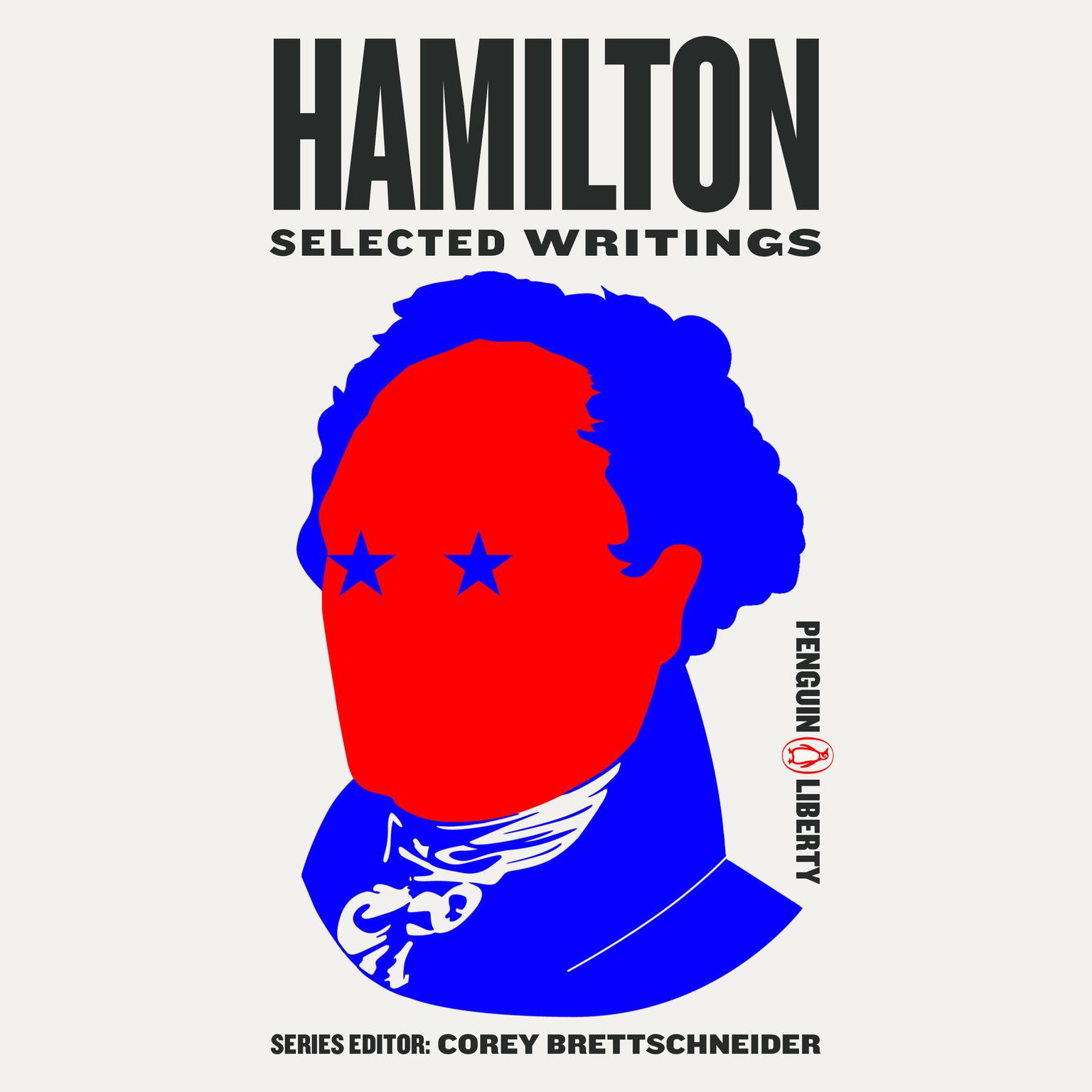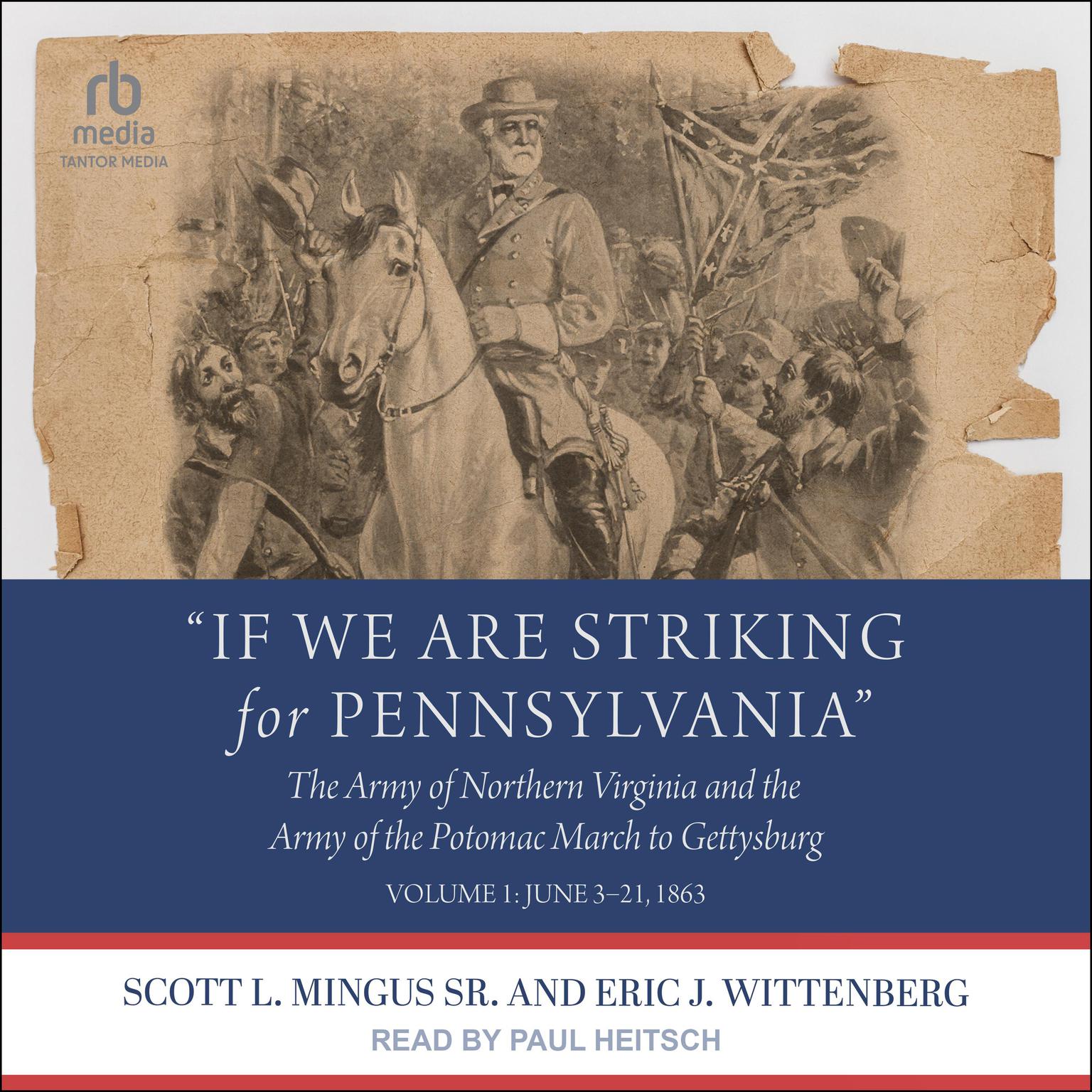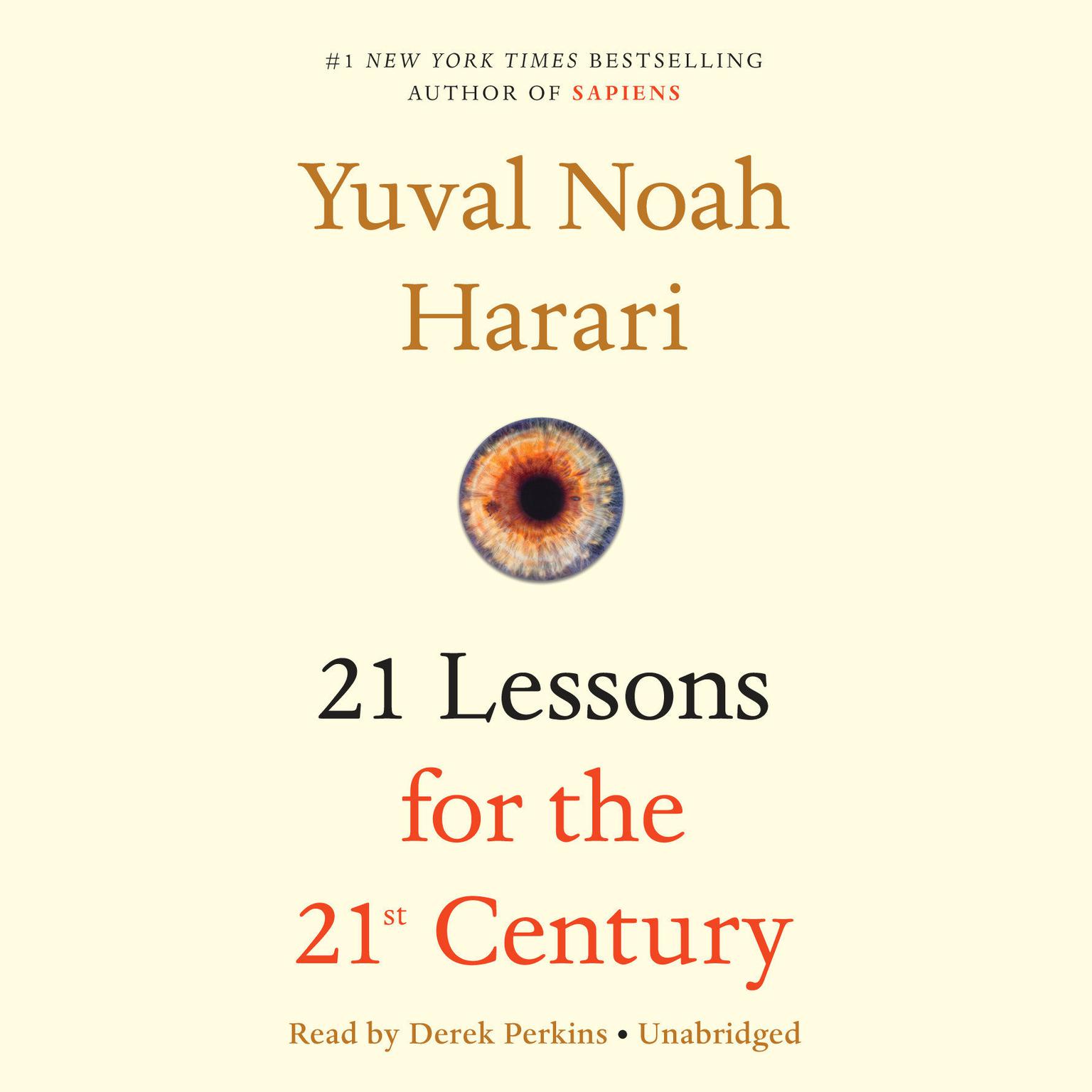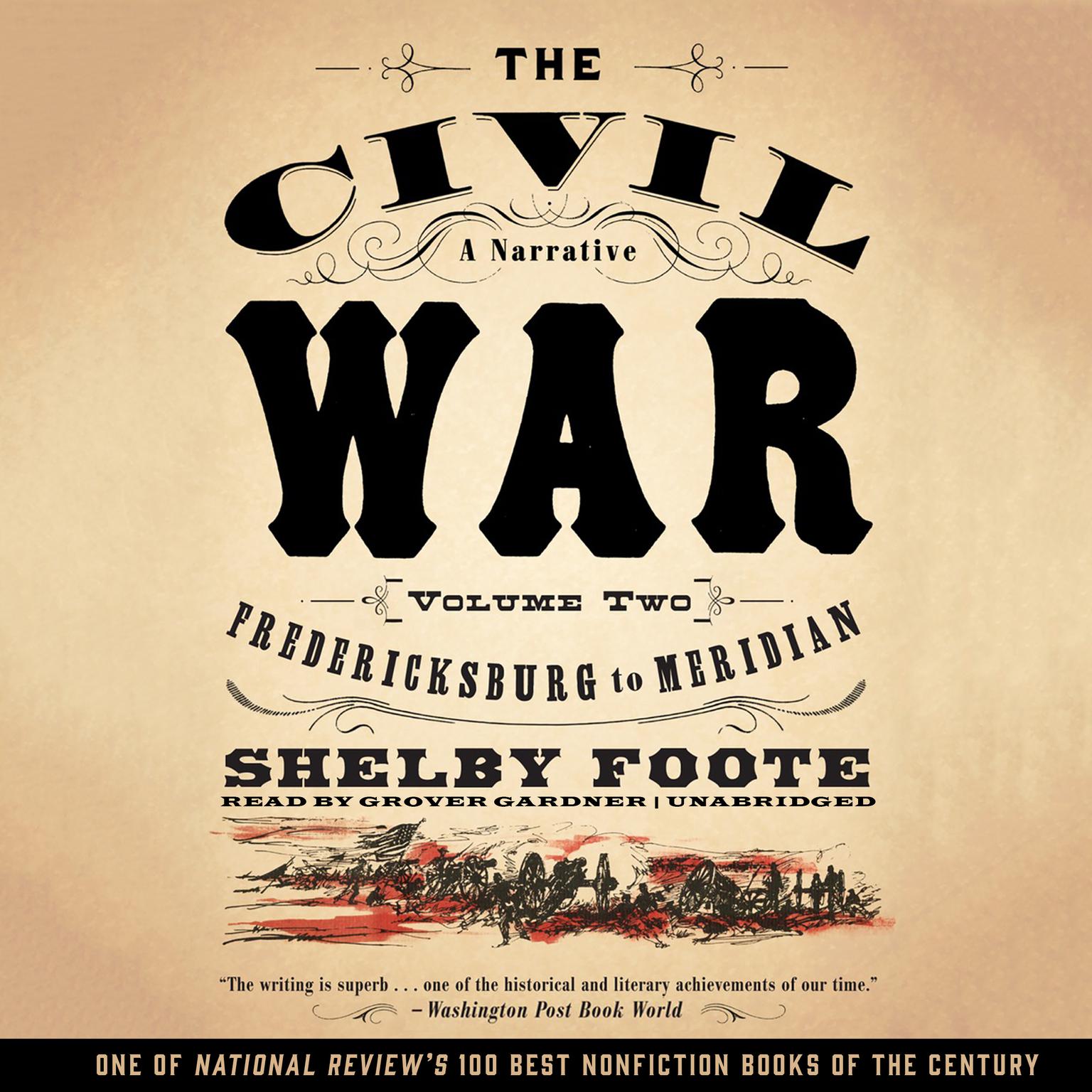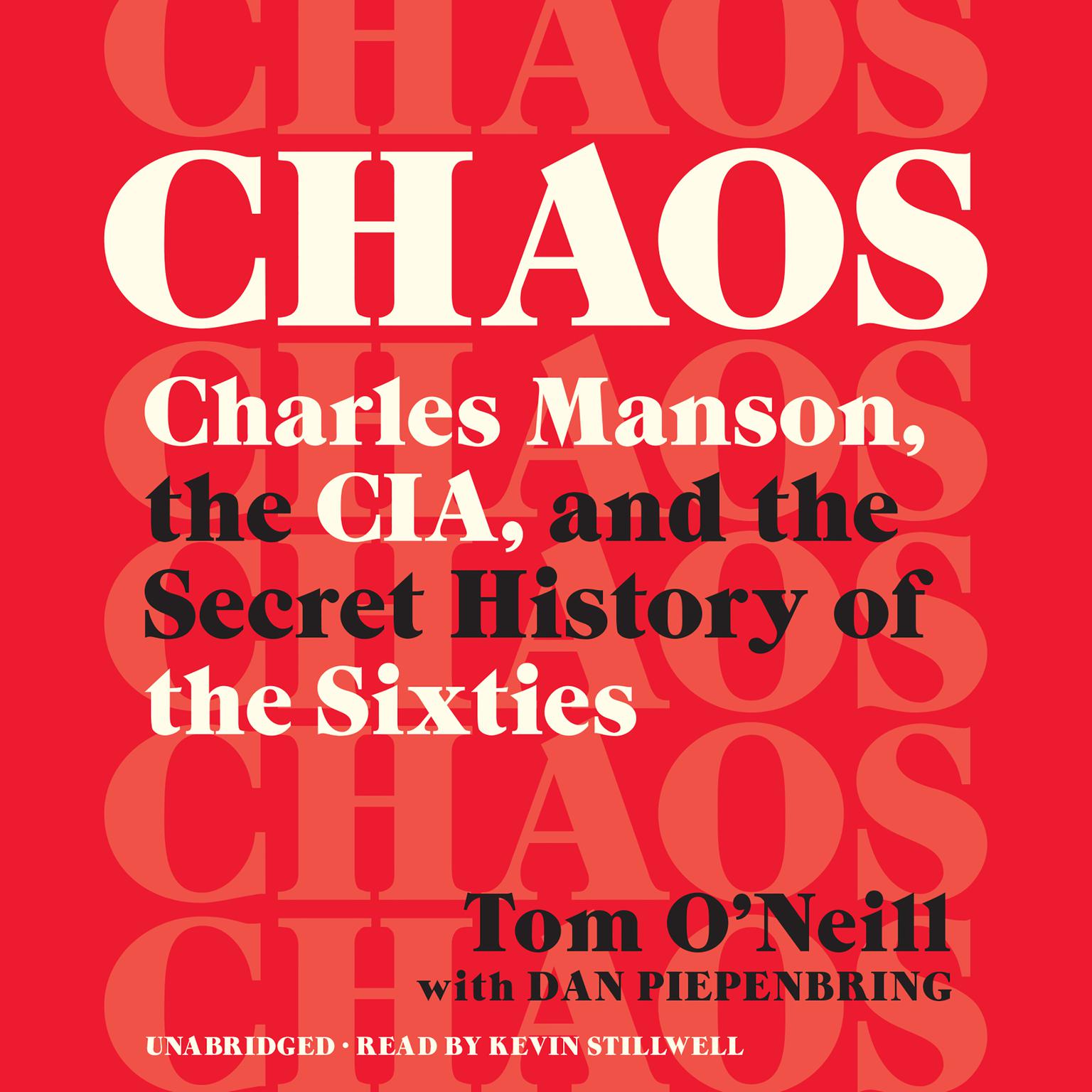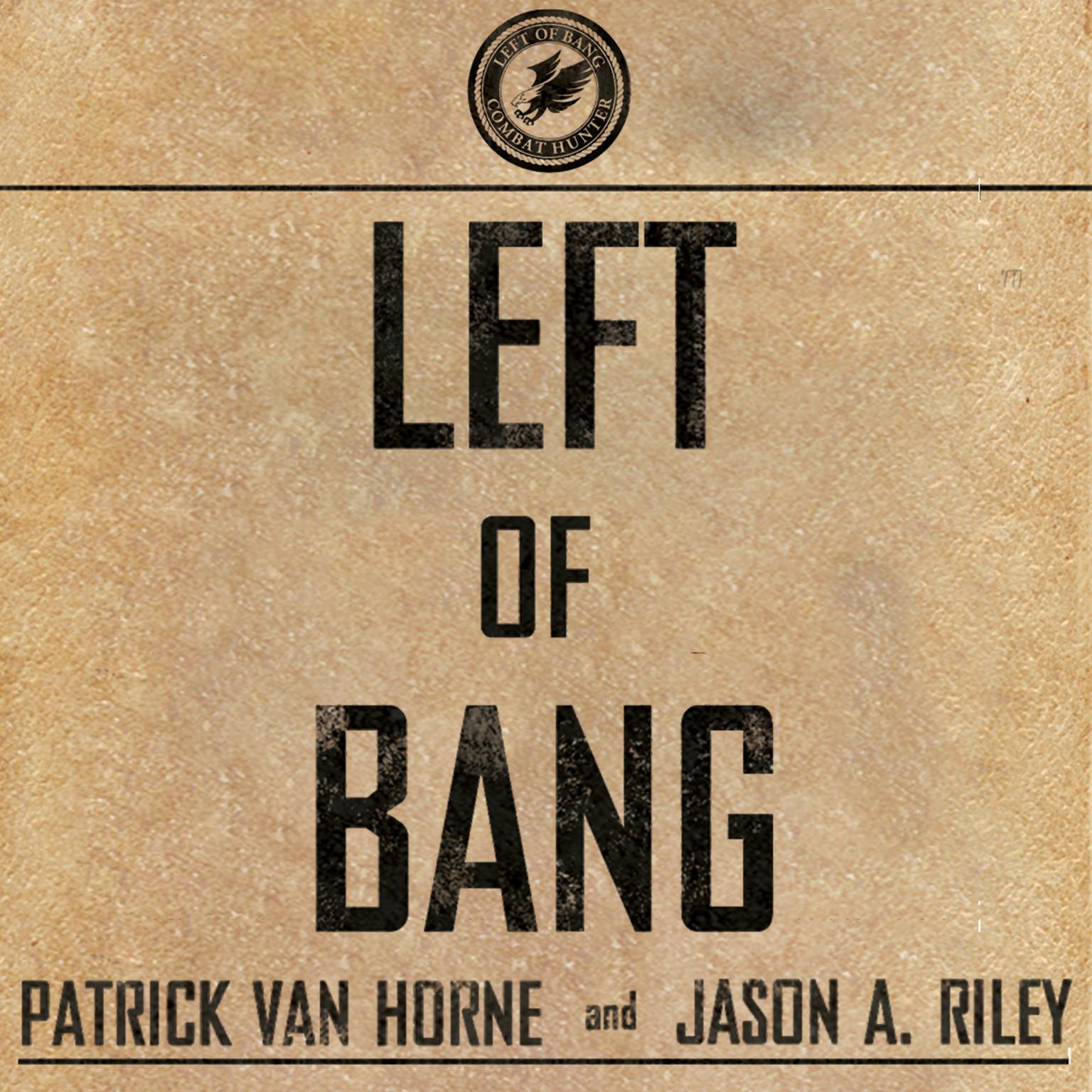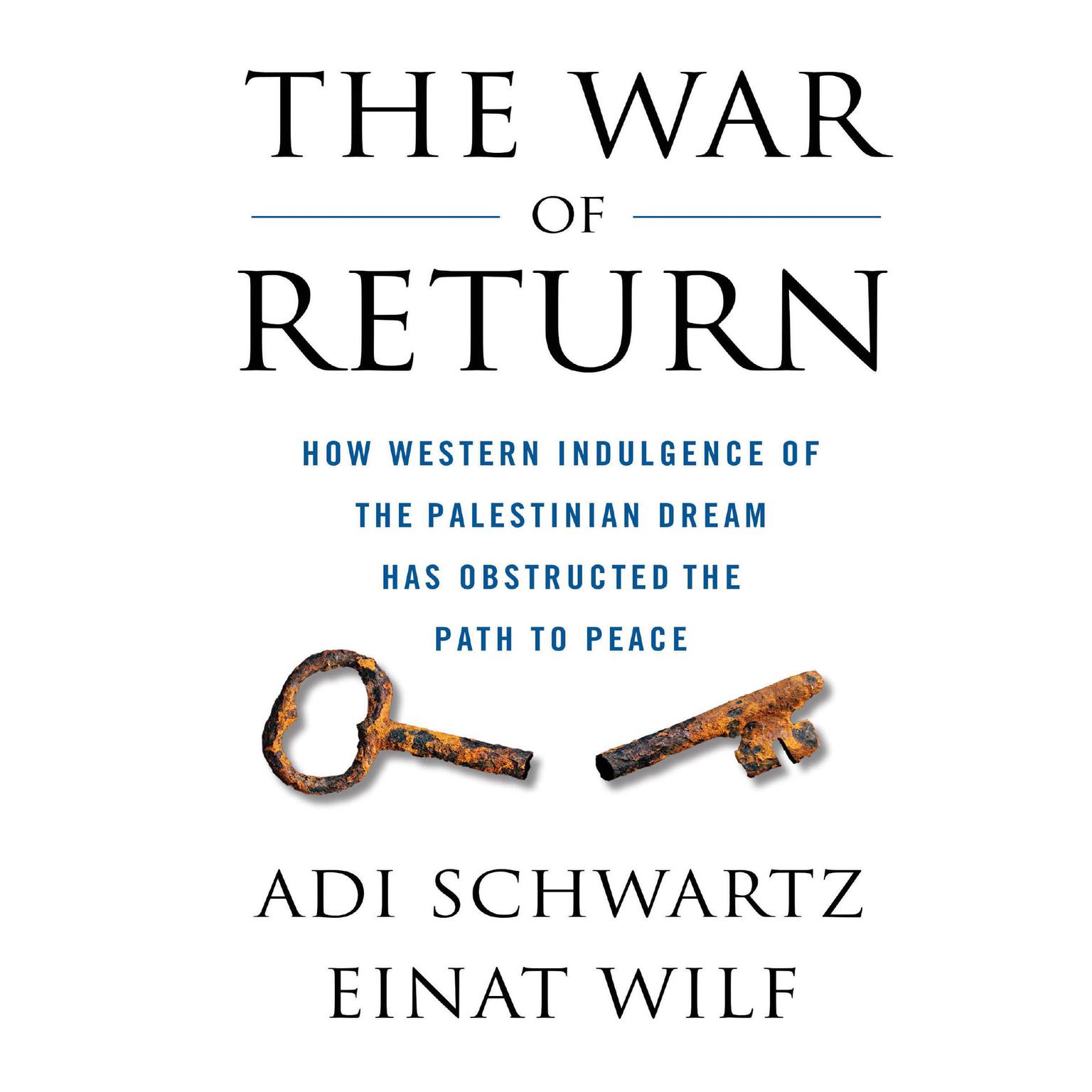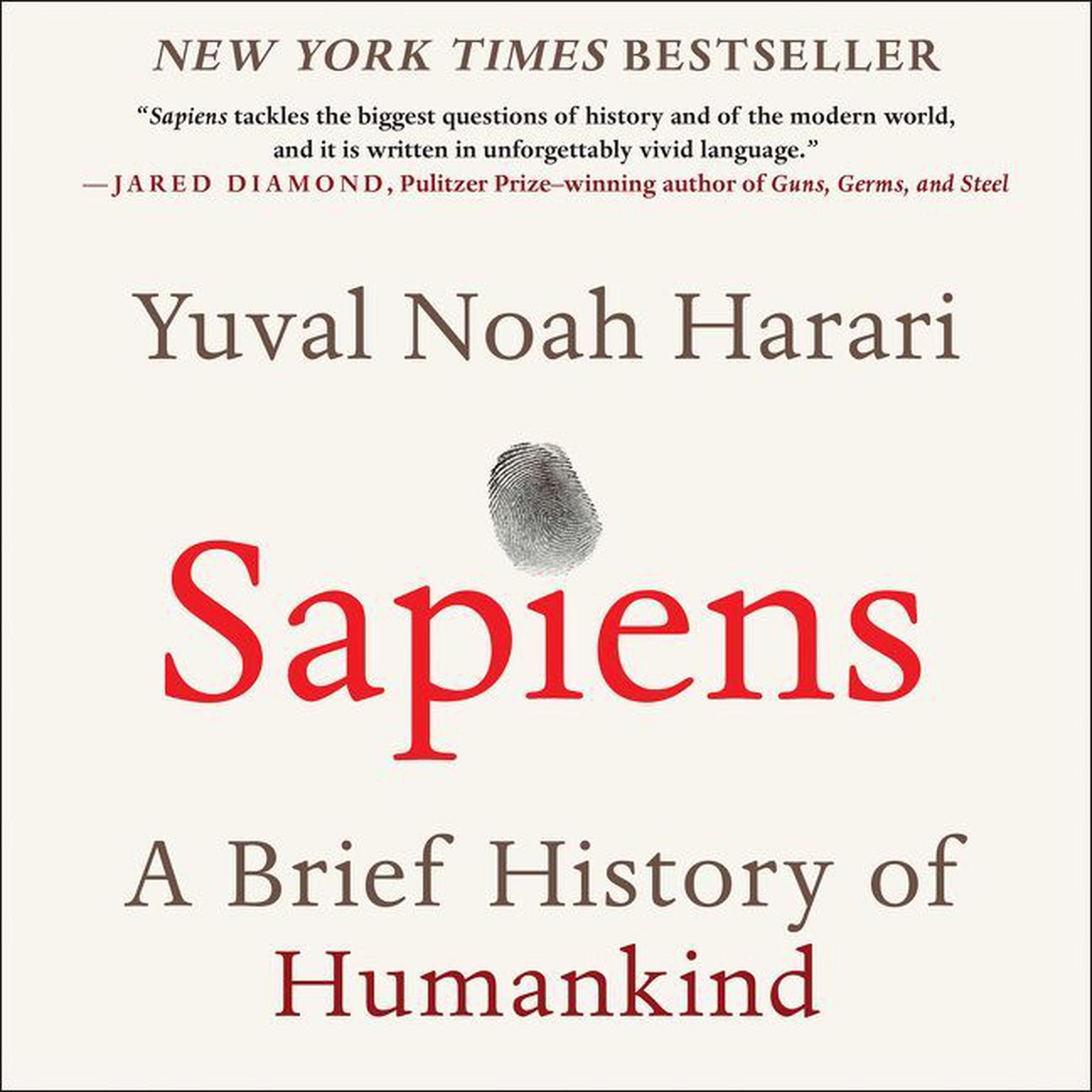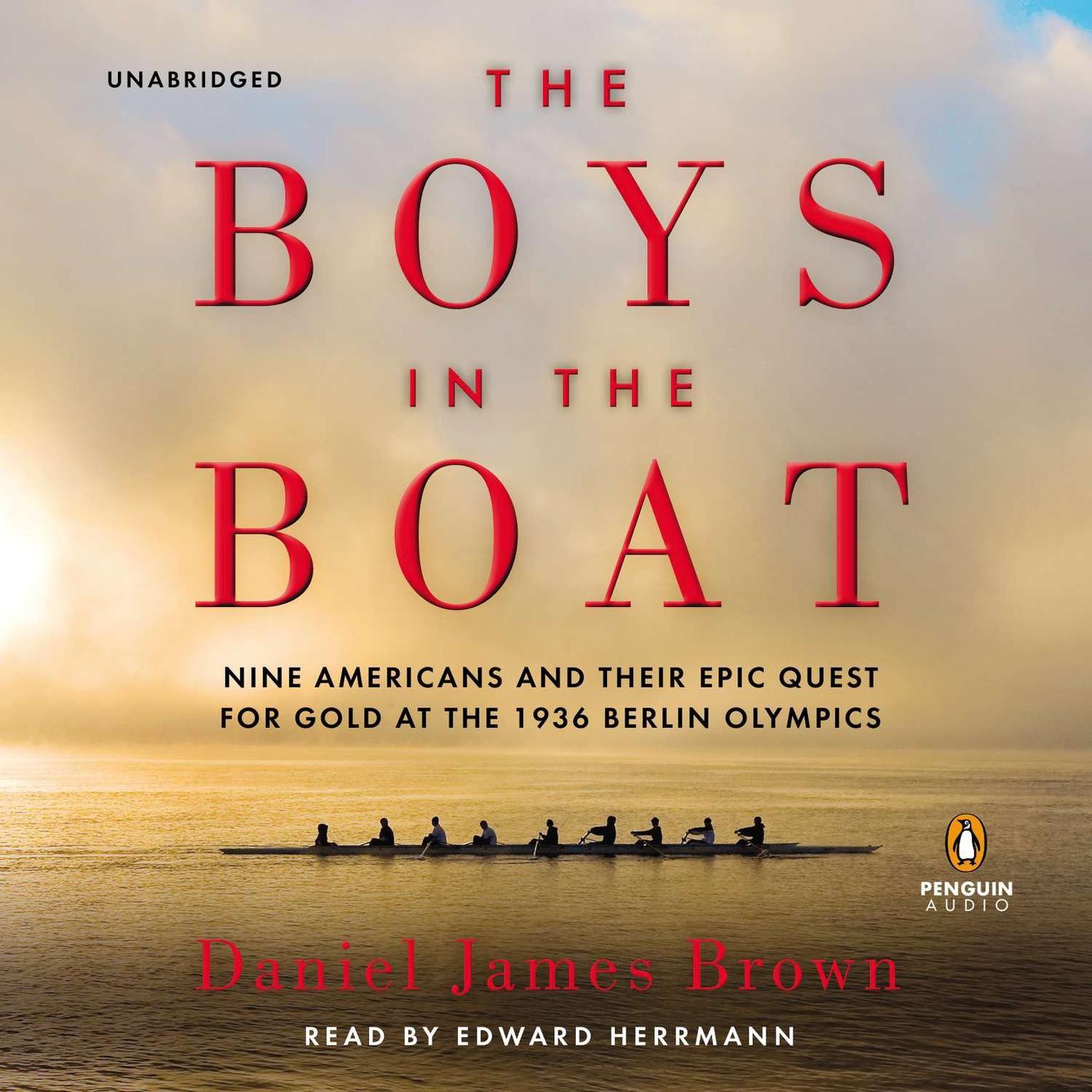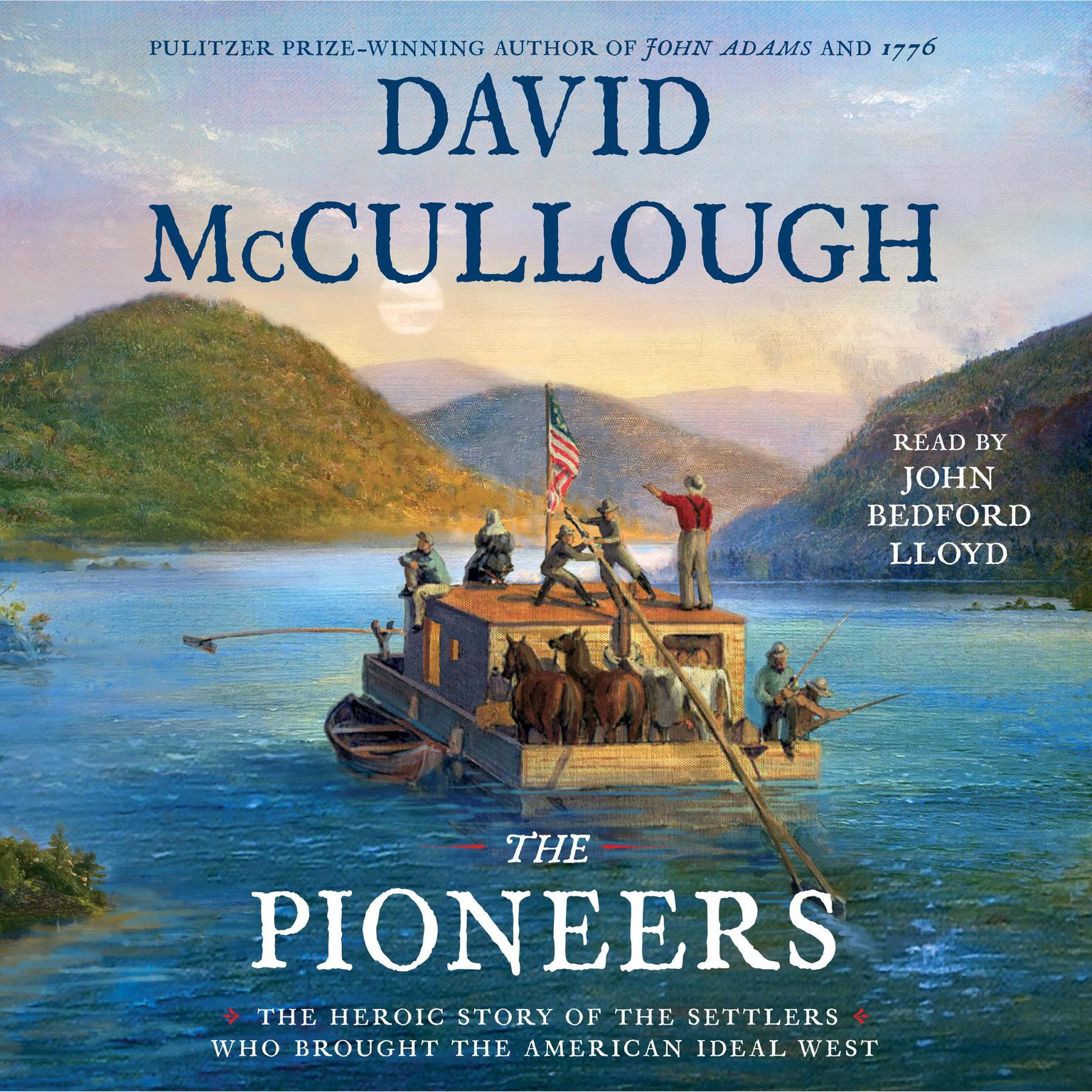Publisher Description
An intimate portrait of a small town living through tumultuous times, this propulsive piece of forgotten civil rights history—about the first school to attempt court-ordered desegregation in the wake of Brown v. Board—will forever change how you think of the end of racial segregation in America.
In graduate school, Rachel Martin volunteered with a Southern oral history project. One day, she was sent to a small town in Tennessee, in the foothills of the Appalachians, where locals wanted to build a museum to commemorate the events of September 1956, when Clinton High School became the first school in the former Confederacy to undergo court-mandated desegregation.
But not everyone wanted to talk. As one founder of the Tennessee White Youth told her, “Honey, there was a lot of ugliness down at the school that year; best we just move on and forget it.”
For years, Martin wondered what it was some white residents of Clinton didn’t want remembered. So she went back, eventually interviewing over sixty townsfolk—including nearly a dozen of the first students to desegregate Clinton High—to piece together what happened back in 1956: the death threats and beatings, picket lines and cross burnings, neighbors turned on neighbors and preachers for the first time at a loss for words. The national guard rushed to town, along with national journalists like Edward Morrow and even evangelist Billy Graham. But that wasn’t the most explosive secret Martin learned….
In A Most Tolerant Little Town, Rachel Martin weaves together over a dozen perspectives in a kaleidoscopic portrait of a small town living through a tumultuous turning point for America. The result is a spellbinding mystery, a riveting piece of forgotten civil rights history, and a poignant reminder of the toll on those who stand on the frontlines of social change.
You may never before have heard of Clinton, Tennessee—but you won’t be forgetting the town anytime soon.
Download and start listening now!
“Tear[s] away the protective gauze of selective memory to uncover the personal cost of our nation’s long battles over racial equality. A timely reminder of the importance of honestly wrestling with the hard and heartbreaking parts of our history.”
—
Elaine Weiss, author of The Woman’s Hour


